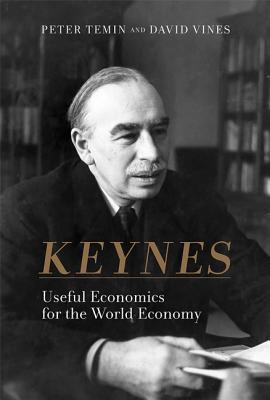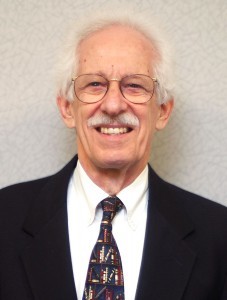
Author

Peter Temin (born 17 December 1937) is an economist and economic historian, currently Gray Professor Emeritus of Economics, MIT[3] and former head of the Economics Department. Temin graduated from Swarthmore College in 1959 before earning his Ph.D. at MIT in 1964. Beginning in the 1960s and early 1970s he published on American economic history in the 19th century, including The Jacksonian Economy (1969) and Causal Factors in American Economic Growth in the Nineteenth Century (1975), as well as Reckoning with Slavery (1976), which was an examination of the slave economy and its effects. His papers of the 1960s would reflect intense empirical study as part of his working method, including composition of iron and steel products, which would later be part of his analysis of industrial development. He continued his study of 19th century industrialization with Engines of Enterprise.